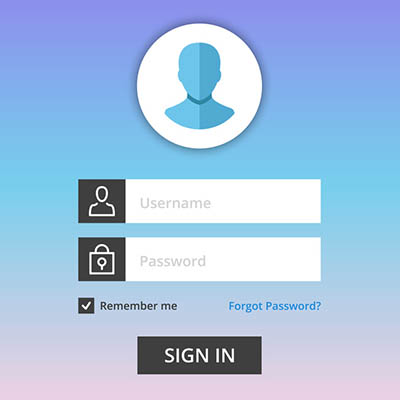Developing an Online Presence in Open Source Software:
Why it matters and how it affects communication and productivity
The anonymity of the online world grants people the power to create a new identity for themselves. Their real name, gender, race, and age may be hidden from others, as well as their location, any potential disabilities, and their full skillset. As communicating with an online user does not give you the ability to read body language or tone of voice, it is important to learn how to portray yourself in order to not hurt anyone, and to make meaningful connections online. In open source software (OSS) projects, most of the contributors are anonymous, known to people from only their username and maybe their style of writing. I argue that how you portray yourself online, specifically in OSS projects, affects effective communications and the level of productivity in terms of how people interact with you. In this post, we’ll discuss some basic tips on how to develop a successful online presence, and how your communications with others and productivity can rise by portraying yourself in such a way.

The second factor, and arguably the most important thing, to consider while developing an online presence is relaying information concisely and clearly. According to Karl Fogel’s book, Producing Open Source Software, “The ability to write clearly is one of the most important skills one can have in an open source environment. In the long run it may matter more than programming talent.” Communicating effectively allows people to delegate tasks, solve problems, and share ideas, which boosts the overall productivity of the project. The way you communicate affects how people perceive you, so it is suggested that you at least user proper grammar and spelling to give the impression that you care about what you're communicating. To me, the two most important factors of effective communication are conciseness and clarity. Everyone is busy, and therefore, you are more likely to get help or a response to your initial communication if you are concise and clear. Take advantage of the nature of the internet and use formatting (such as bullet points and bold lettering) to quickly list key ideas and questions. People will appreciate the clarity of the information and will most likely be able to respond back to you quickly and efficiently.

So why does this all matter? With the digital world expanding, and the number of interactions of online users growing, it is important that we learn how to use the features of the internet to our advantage to maximize our communication and productivity. Communication has never been easier, so if we can effectively develop an online presence, we will be able to contribute to the amazing ideas and conversations that people all around the world are having regarding open source software.
End.